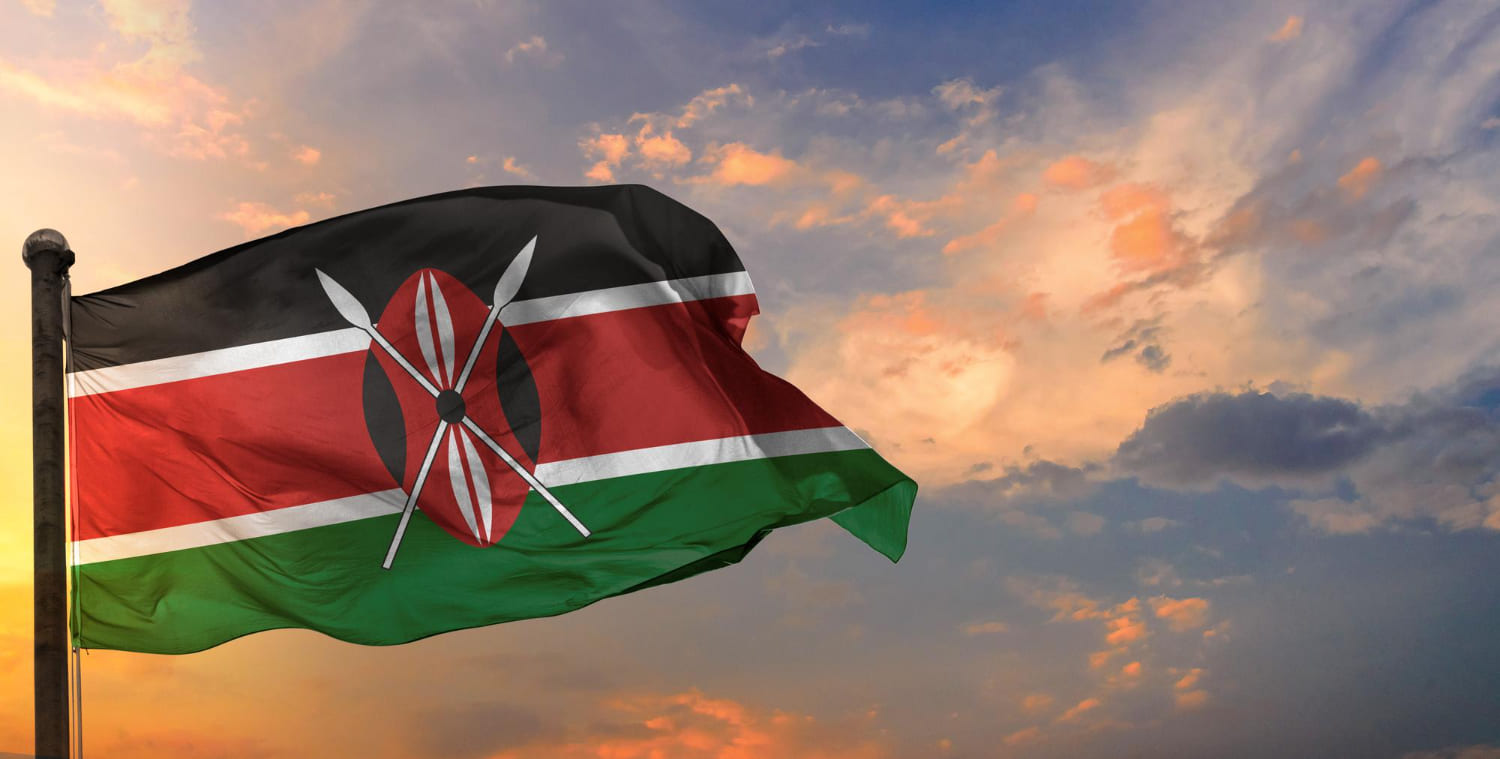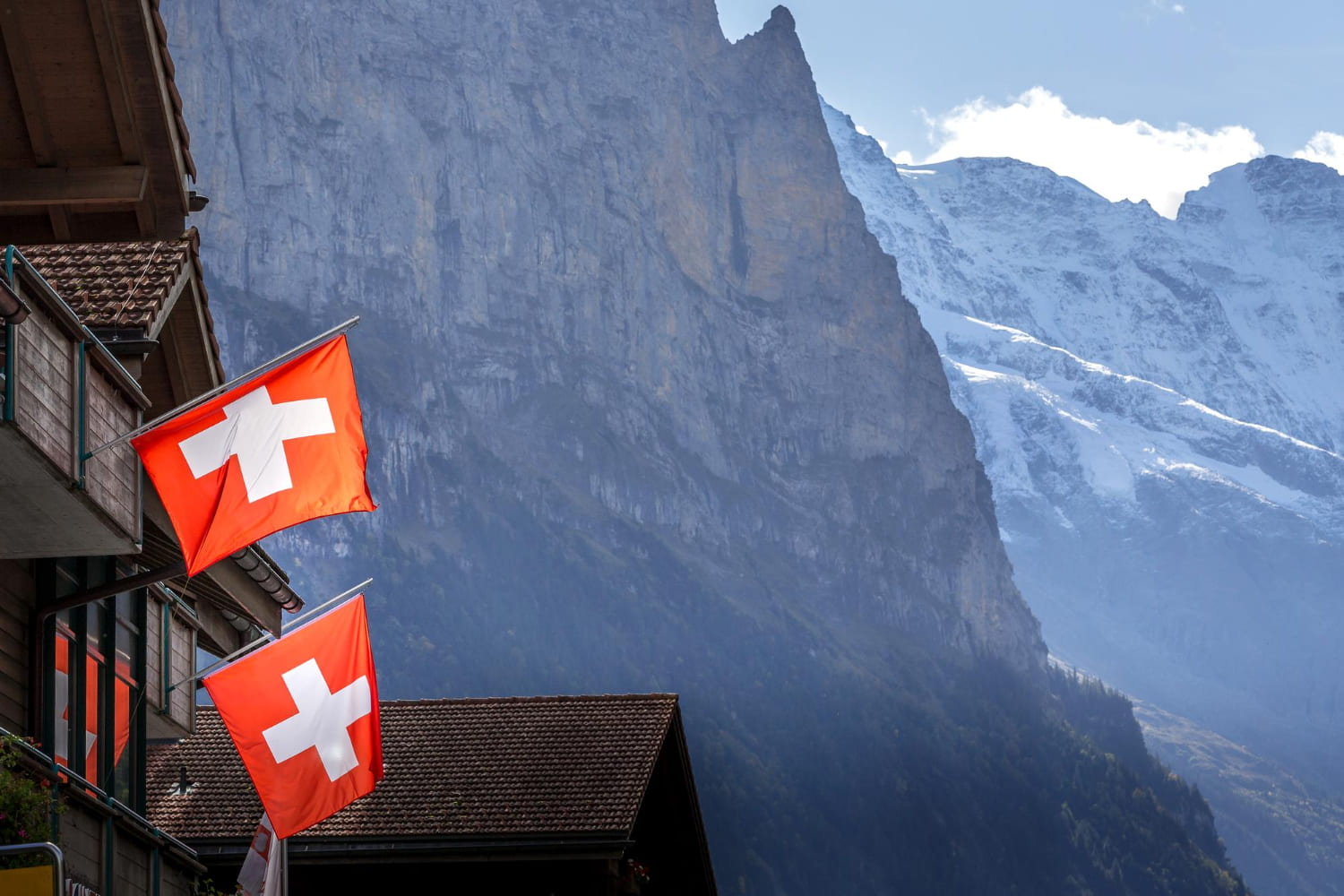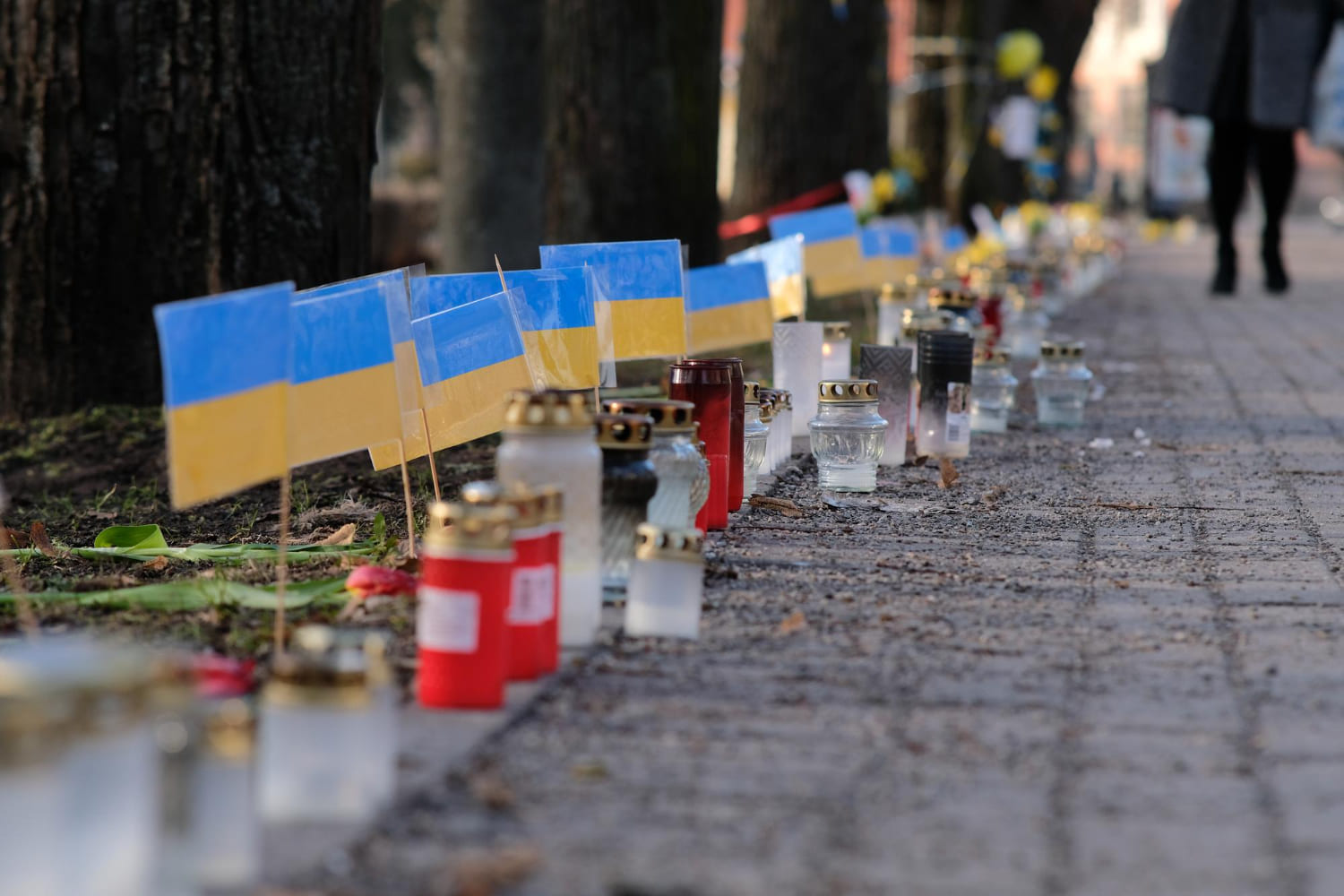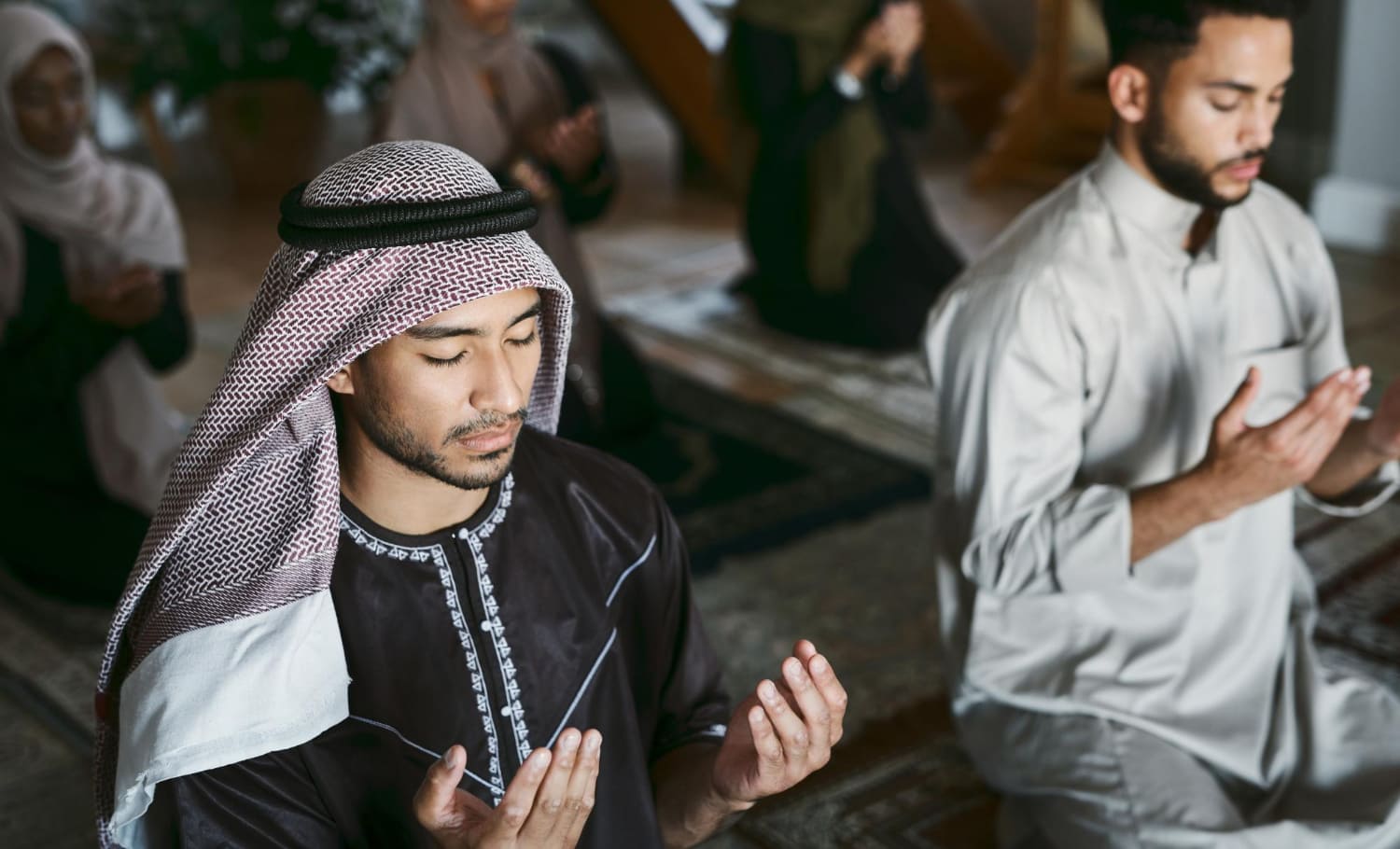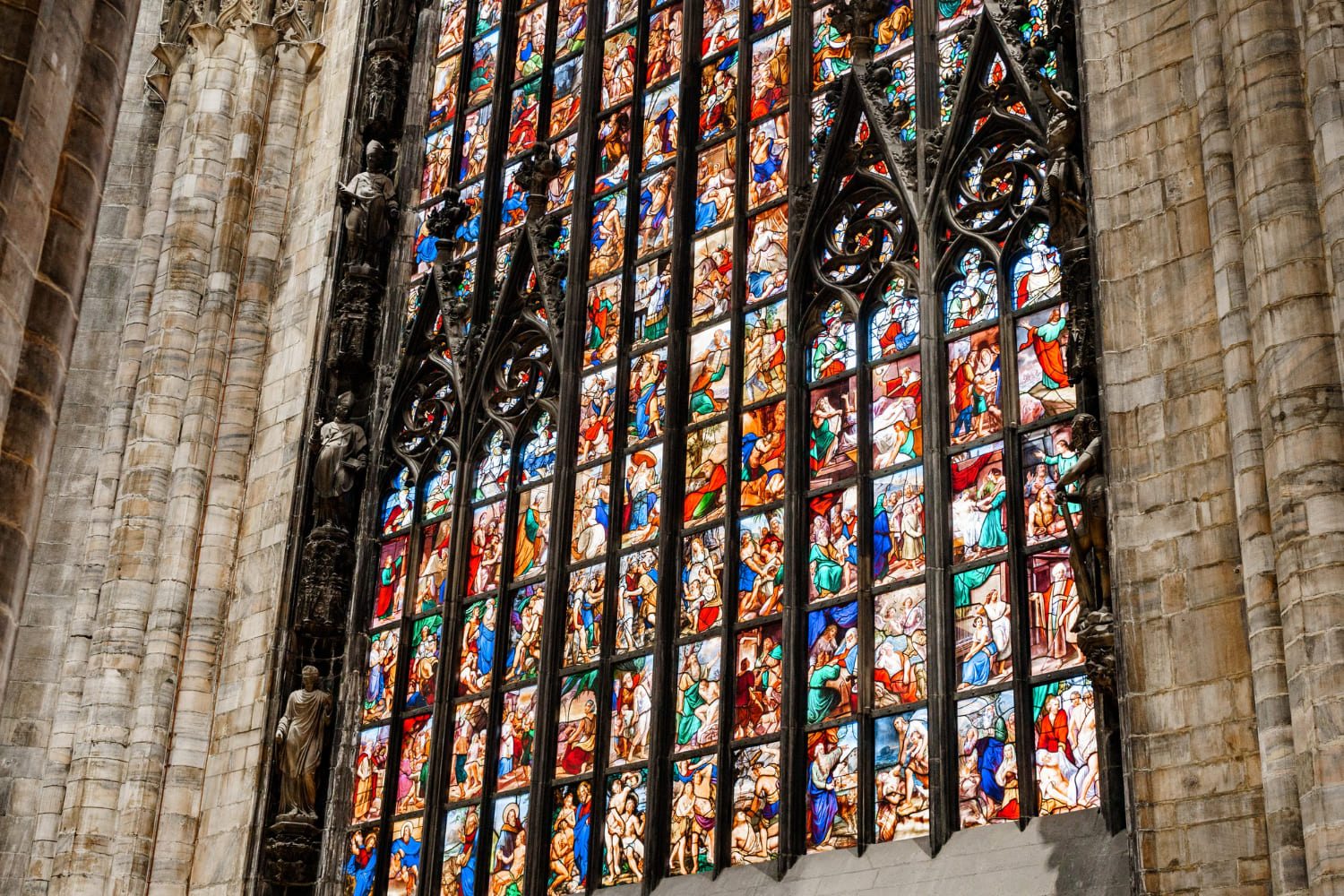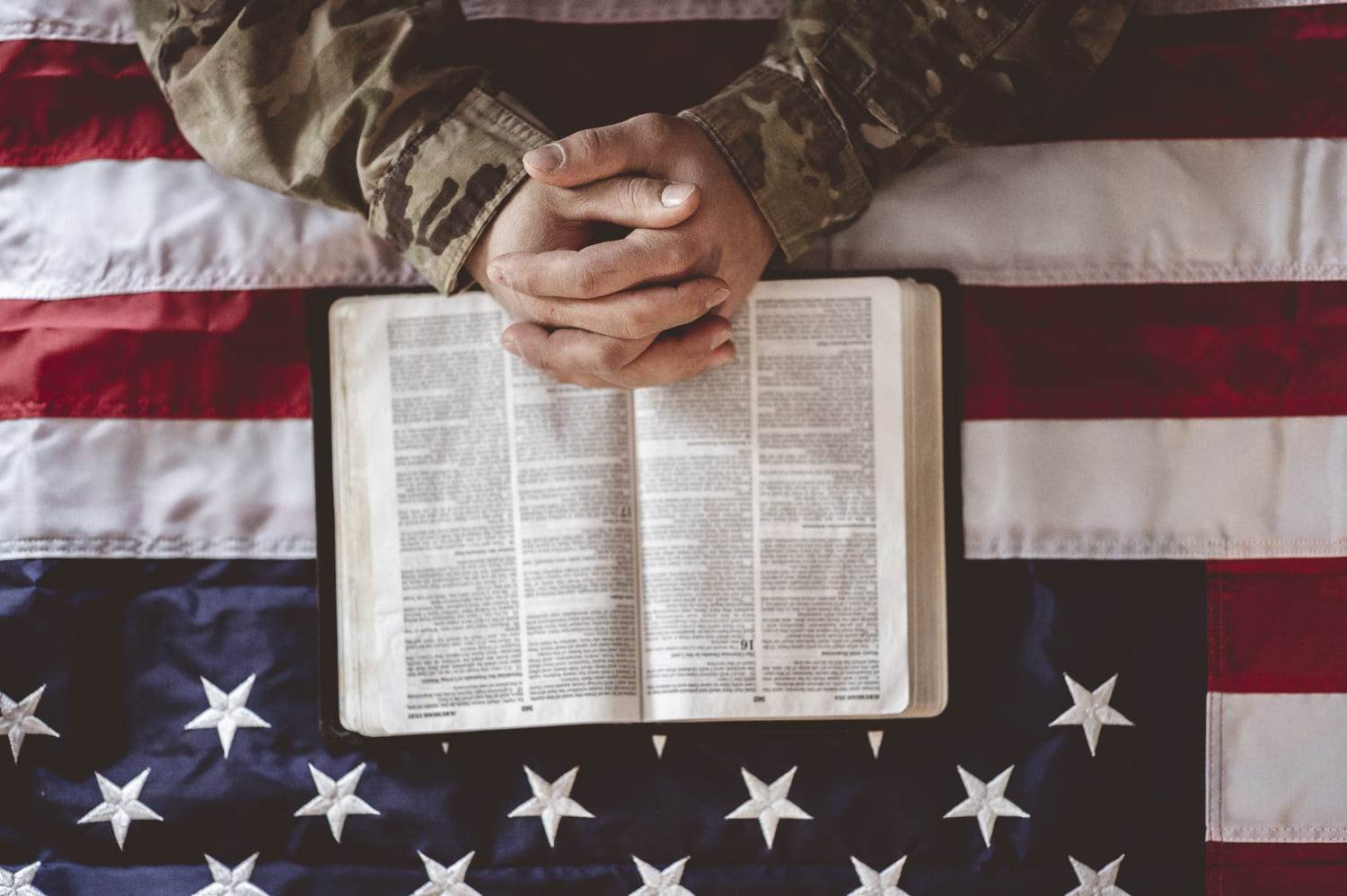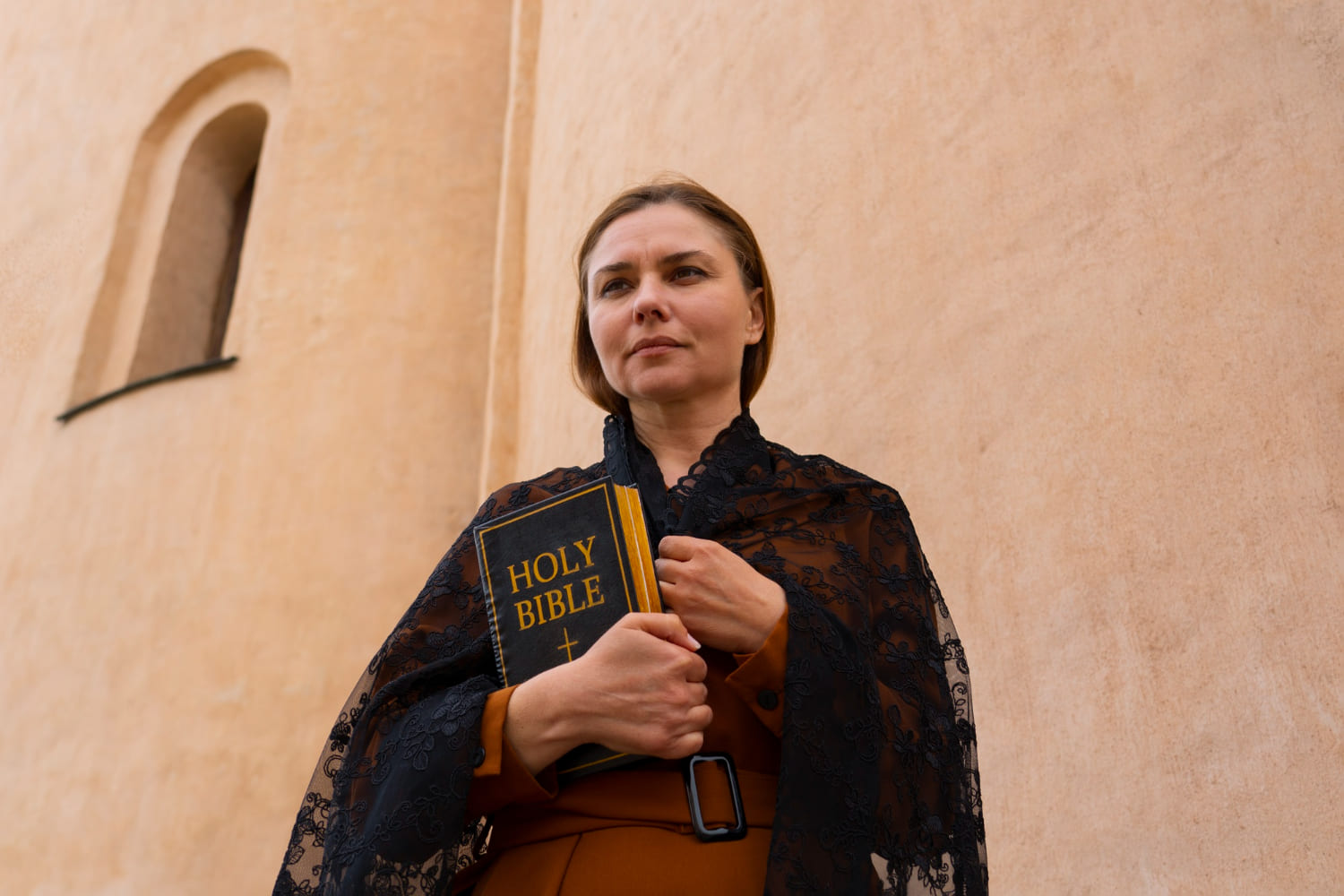Sweden is a country known for its progressive values and social welfare policies. It is also known for being one of the most secular countries in the world.
In fact, only a small percentage of Swedes actively practice religion. However, religion still plays an important role in Swedish society and culture.
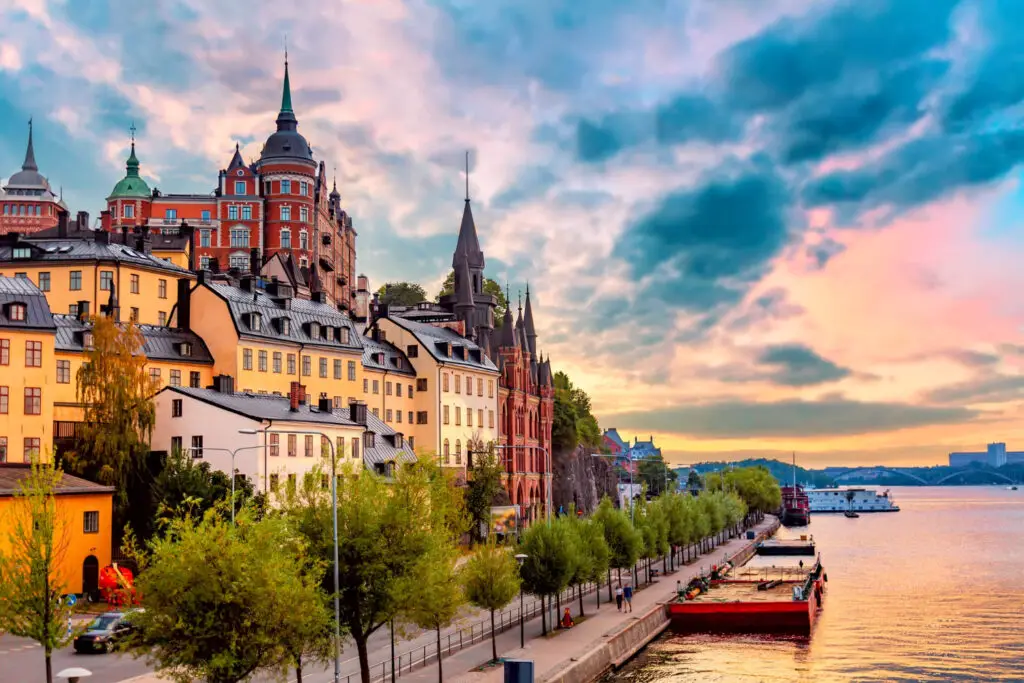
The Church of Sweden, which is Evangelical Lutheran, was the state church until 2000. It is still the largest religious organization in the country, with over 5 million members.
Other Christian denominations, such as the Roman Catholic Church, the Orthodox Church, and various Protestant denominations, also have a presence in Sweden.
In addition, there are small communities of Muslims, Jews, Buddhists, and other religious groups.
- Overview of Religions in Sweden
- Major Religions
- Historical Context
- Secularism and Society
- Demographics and Statistics
- Population by Religion
- Trends Over Time
- Regional Variations
- Religious Practices and Beliefs
- Common Practices
- Religious Holidays and Observances
- Interfaith Relations and Dialogue
- Community Initiatives
- Government Policies
Overview of Religions in Sweden

Major Religions
Sweden is a predominantly secular country, with only a small percentage of the population identifying as religious.
According to a survey conducted in 2023, 63% of the population identified as non-religious, while 23% identified as Christian, 5% as Muslim, and 9% as other religions.
The Church of Sweden, which is Evangelical Lutheran, is the largest religious organization in the country, with approximately 5.8 million members.
Other major religions in Sweden include Islam, which is the second largest religion in the country, and Judaism, which has a small but active community.
Buddhism, Hinduism, and Sikhism are also present in Sweden, with growing numbers of followers.
Historical Context
Christianity has been the dominant religion in Sweden for centuries, with the Church of Sweden being the official state religion until 2000.
During the 20th century, there was a decline in religious affiliation, with many Swedes turning away from organized religion. This trend continued into the 21st century, with the number of non-religious individuals increasing.
Immigration has also played a role in shaping the religious landscape of Sweden. The influx of immigrants from Muslim-majority countries has led to an increase in the number of Muslims in the country.
Additionally, the country has a growing number of individuals who identify as spiritual but not religious.
Secularism and Society
Sweden is known for its secularism, with a separation of church and state. The Church of Sweden is no longer the official state religion, and the government does not interfere with religious practices.
Freedom of religion is protected by law, and individuals are free to practice any religion or none at all.
Despite its secularism, religion still plays a role in Swedish society.
The Church of Sweden remains an important cultural institution, and many Swedes still celebrate Christian holidays such as Christmas and Easter.
Additionally, there are a number of religious organizations and communities that provide support and services to their members.
Demographics and Statistics
Population by Religion
The majority of the Swedish population identifies as members of the Church of Sweden, which is a Lutheran denomination.
Specifically, 57.6% of the population identifies as members of the Church of Sweden, while 8.9% identify with other religions such as Roman Catholicism, Orthodoxy, Baptist, Muslim, Jewish, and Buddhist.
The remaining 33.5% of the population identifies as having no religion or unspecified.
Trends Over Time
Over the years, religion in Sweden has become increasingly diverse.
Christianity was the religion of virtually all of the Swedish population from the 12th to the early 20th century, but it has rapidly declined throughout the late 20th and early 21st centuries.
The Church of Sweden has lost approximately 1% of its members each year since the year 2000.
Regional Variations
There are regional variations in the religious makeup of Sweden. For example, Stockholm, the capital city, has a lower percentage of Church of Sweden members compared to other regions.
The percentage of Church of Sweden members in Stockholm is 38.4%, while in other regions such as Västerbotten and Jönköping, the percentage is above 70%.
Religious Practices and Beliefs
Common Practices
The majority of Swedes are non-religious, but those who do practice religion typically follow the Evangelical Lutheran Church of Sweden.
The Church of Sweden is known for its progressive views on social issues, including gender equality and LGBT rights.
In addition to attending church services, many Swedes also participate in religious rituals such as baptism, confirmation, and weddings.
Funerals are also often held in churches, even for those who were not regular churchgoers.
Religious Holidays and Observances
The Church of Sweden celebrates many of the same holidays as other Christian denominations, including Christmas and Easter.
In addition, the church also observes several uniquely Swedish holidays, such as Midsummer and All Saints’ Day.
Midsummer, which falls on the weekend closest to the summer solstice, is one of the most important holidays in Sweden.
It is celebrated with traditional foods, such as pickled herring and new potatoes, as well as dancing around a maypole.
All Saints’ Day, which falls on the first Saturday in November, is a day to remember loved ones who have passed away.
Many Swedes visit cemeteries to light candles and leave flowers on the graves of their loved ones.
Overall, while religion does not play a major role in the lives of most Swedes, those who do practice religion tend to do so in a way that is inclusive and progressive.
Interfaith Relations and Dialogue
Community Initiatives
Sweden is known for its diverse religious landscape, and the country has a long history of interfaith dialogue and cooperation.
Many community initiatives have been established to promote understanding and cooperation between different religious groups.
For example, the Swedish Interfaith Network (SIN) was founded in 1997 to facilitate dialogue and cooperation between different religious communities in Sweden.
In addition to SIN, there are many other organizations and initiatives that promote interfaith dialogue and cooperation in Sweden.
These include the Stockholm Interfaith Council, which brings together representatives from different religious communities in Stockholm, and the Swedish Baha’i Community, which promotes interfaith dialogue and cooperation through various activities and events.
Government Policies
The Swedish government has also taken steps to promote interfaith dialogue and cooperation.
In 2011, the government launched the National Interfaith Dialogue Initiative, which aims to promote dialogue and understanding between different religious communities in Sweden.
The initiative has organized various events and activities, such as seminars, workshops, and roundtable discussions, to facilitate dialogue and cooperation between different religious groups.
Moreover, the government has also established the Swedish Commission for Government Support to Faith Communities, which provides financial support to different religious communities in Sweden.
The commission aims to promote religious freedom and diversity in Sweden, and to support the integration of different religious communities into Swedish society.
Overall, interfaith relations and dialogue are an important aspect of Sweden’s diverse religious landscape.
Through community initiatives and government policies, Sweden continues to promote understanding and cooperation between different religious communities in the country.
